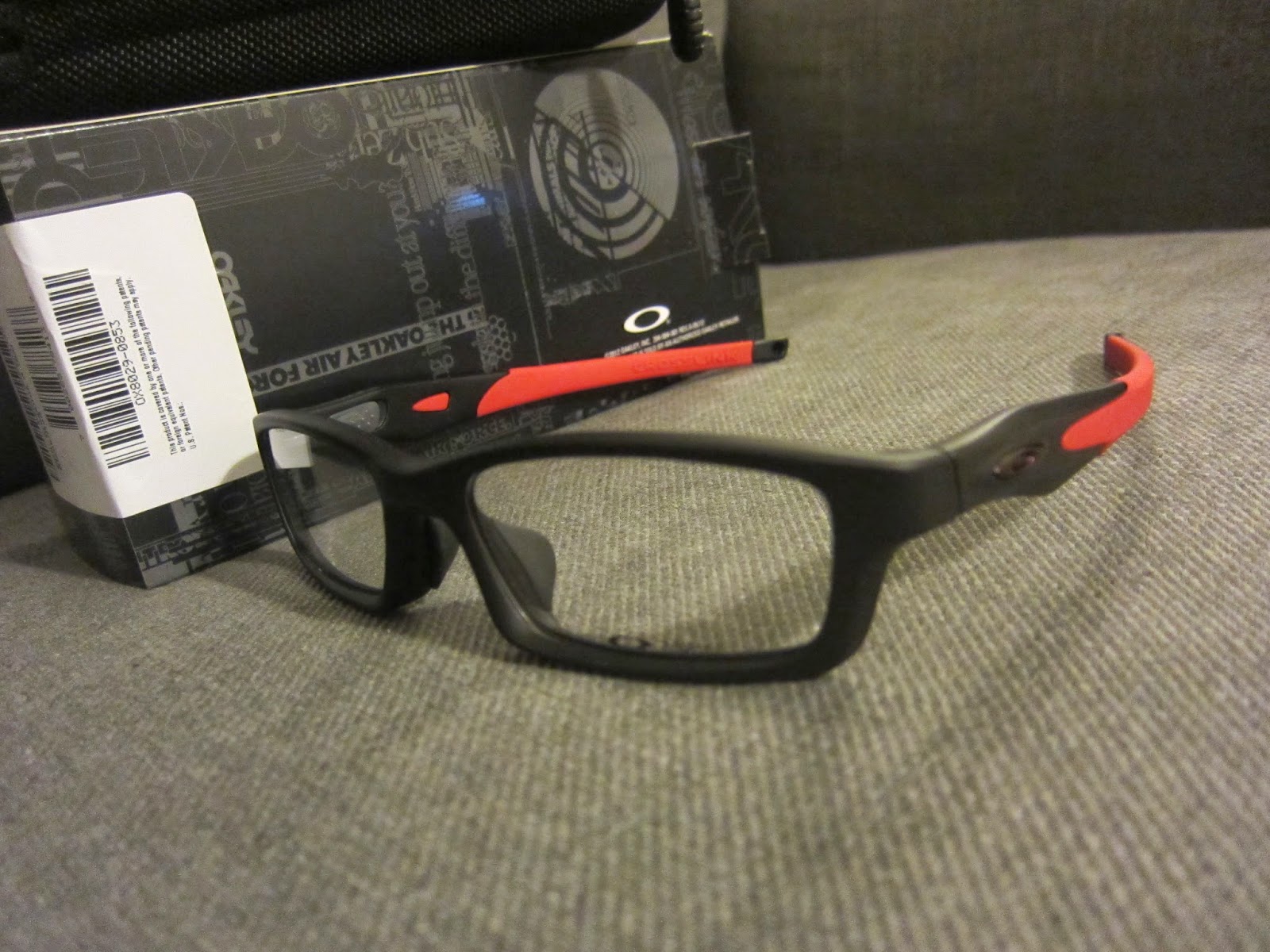 |
| The real deal- EPO or erythropoietin |
Why did I need a picture of EPO? Well, my next post is on runners and EPO of course. We've all read about the performance enhancing effects EPO, how can shave seconds and even minutes off best marathon times. Please read on if you're interested.
Scottish researchers studied a group of runners whose average 10 km personal best time was around 39:15 minutes. Over a few weeks, these runners competed in 3 km races in a indoor 200 meter track,
During a week of the study, the runners were given OxyRBX to self inject. They were told OxyRBX contain small amounts of EPO - a known blood booster than increases endurance performances.
The runners were actually injecting themselves with saline, which of course does not have any performance enhancement qualities.
Guess what? When these same runners raced at the end of that week (in which they thought they were injecting themselves with EPO), the runners finished their 3 km race an average of 9.73 seconds faster (or about 5 seconds faster each mile).
This 1.2 % improvement is a statistically significant improvement and of clear sporting relevance. How significant is this? At the 2012 Olympics, the difference between the gold medal and fourth place was less than 1 % in all track events from 1500 - 10,000 meters for both men and women.
Almost all runners who had expected to see positive changes when injecting themselves with OxyRBX recorded a marked improvement.
This differs from those runners who did not expect much improvement whose performance improved less markedly. The runners reported lower levels of perceived exertion during the race that followed their week of "doping".The runners also said they pushed themselves harder during the races at the end the "doping" week.
Some runners also reported increase confidence in their abilities after the injections, this has been shown to increase willingness to exert extra effort in challenging tasks.
If you sincerely believe that adding a new element to your training (increasing your weekly track and hill workout, speed work etc) will improve your running, it can be a self fulfilling practice as it can increase your motivation, confidence and then better results. No need to dope.
Reference
Ross R, Gray CM et al (2014). The Effects Of An Injected Placebo On Endurance Running Performance. Med Sci Sports Ex. DOI: 10.1249/MSS.0000000000000584.
*A big thank you the Dr GL for the EPO picture.






